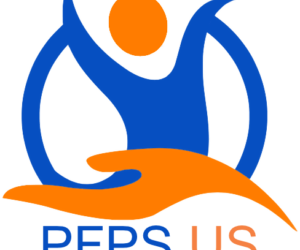
Amazon’s recent announcement that its cloud-based voice service Alexa can support health care entities that are subject to the HIPAA federal patient privacy law offers some interesting story ideas for reporters.
The Alexa Healthcare Skills Kit program is invite-only. So far Amazon announced the launch of six Alexa skills built by health care entities, including Boston Children’s Hospital, Livongo, Providence Health and Services and Cigna. (You can see the full list of players and their projects at this Amazon blog post.)
Voice technology such as Alexa has the potential to provide support to many patients at home. If you already have Alexa or or another voice-service technology such as Apple’s Siri in your home, you know that it can give reminders and prompts to complete tasks as well as look up information. The six new health skills announced by the company fall into this realm by supporting patients with prescription drug adherence and finding medical appointments at convenient times and locations.
However, voice assistants can be glitchy and frustrating to use —and also can be easily disconnected or ignored. While Amazon, Google and Apple have sold millions of smart speakers offering voice-service technology (also embedded in millions of smartphones), many people are reluctant to install smart speakers in their homes due to privacy concerns.
Adding to the controversy are reports, such as this story by Bloomberg, that describes the Alexa review process in which teams of thousands of humans employed and contracted by Amazon listen to recordings captured by Alexa-supported devices (such as the company’s Echo speakers) in order to help Alexa better respond to human speech patterns and commands.
In a statement to Bloomberg, Amazon said that it takes “the security and privacy of our customers’ personal information seriously,” and utilizes “strict technical and operational safeguards.”
As more health care entities partner with Amazon and other smart speaker companies to offer patient care delivery and support, keep in mind these questions:
- Do these health support programs through Alexa or other voice services help patients in the way the program is designed?
- Are HIPAA and other patient privacy regulations able to keep up in this fast-paced digital health era?
Further reading
- New York Times: For more thought-provoking news and opinion on digital privacy, check out the paper’s new Privacy Project and this piece, It’s time to panic about privacy
- Stat News: Amazon Alexa is now HIPAA-compliant. Tech giant says health data can now be accessed securely
- CNBC: “Alexa, find me a doctor,” Amazon Alexa adds new medical skills
- TechCrunch: Amazon Alexa launches its first HIPAA-compliant medical skills
- Bloomberg: Amazon workers are listening to what you tell Alexa









